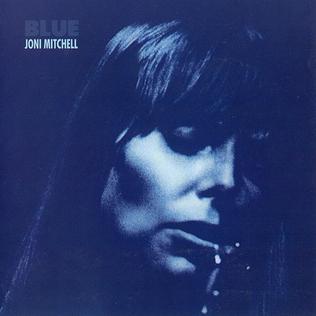
I used to work in a cafe, a forty-five-minute walk from where I live. Three times a week, sometimes more, I would walk there in the morning and back in the afternoon, winding down residential streets, usually sweaty, sometimes late. I would listen to podcasts, or sometimes sets that people had uploaded to Soundcloud, but more often than not I would listen to Blue.
You have reached your article limit
Sign up for a digital subscription and continue reading all new issues, plus our entire archives, for just $1.50/month.
Already a subscriber? Sign in




